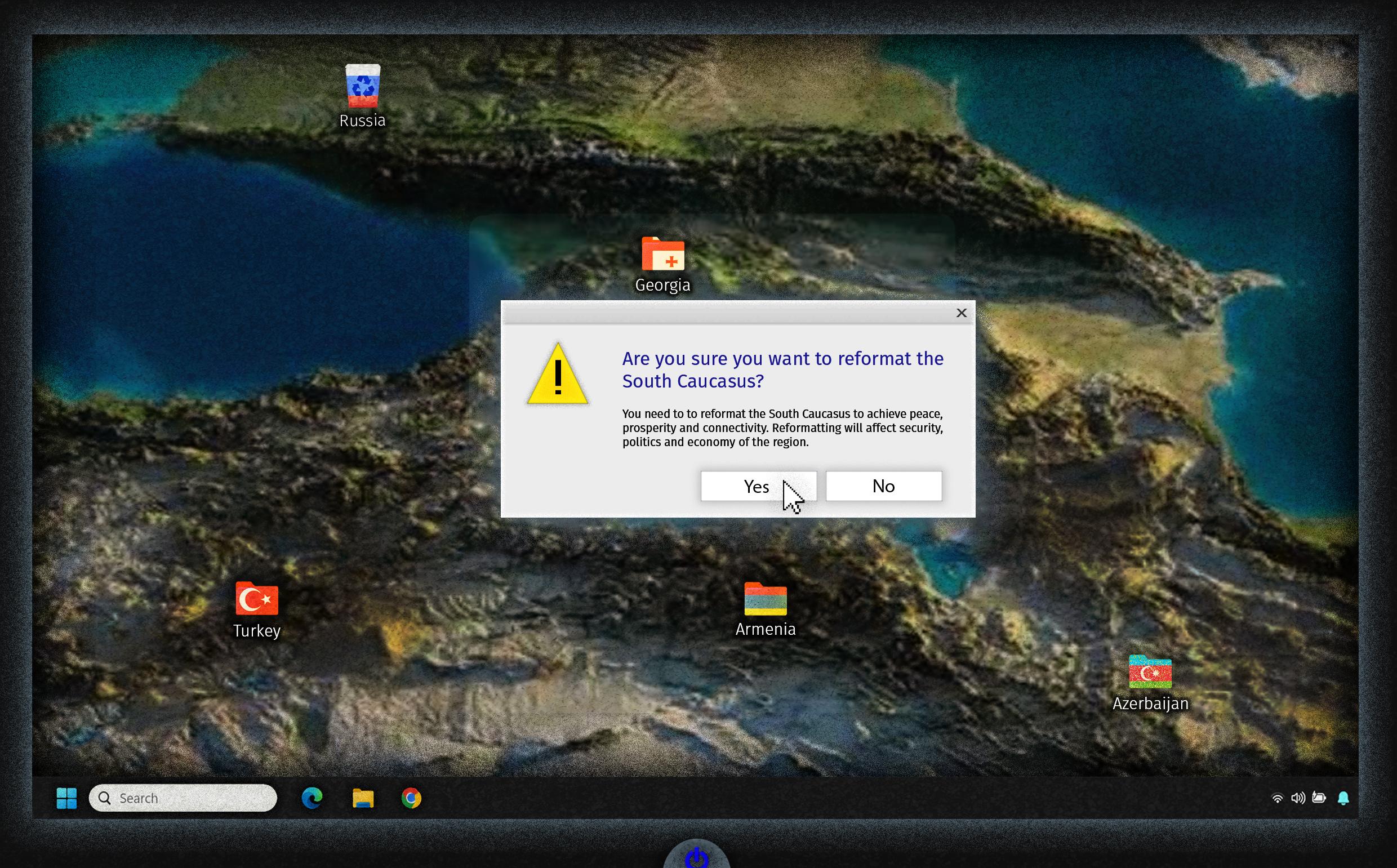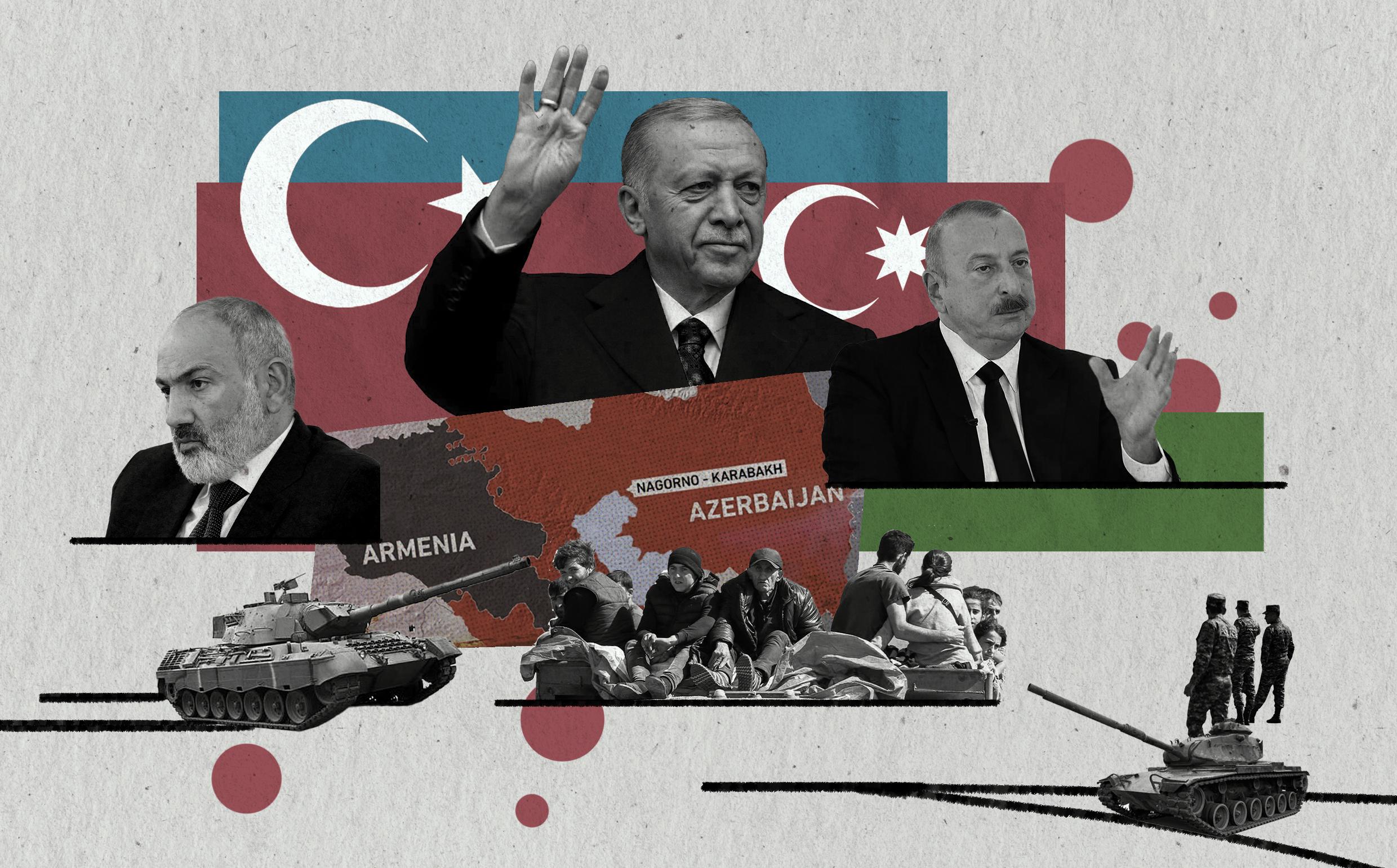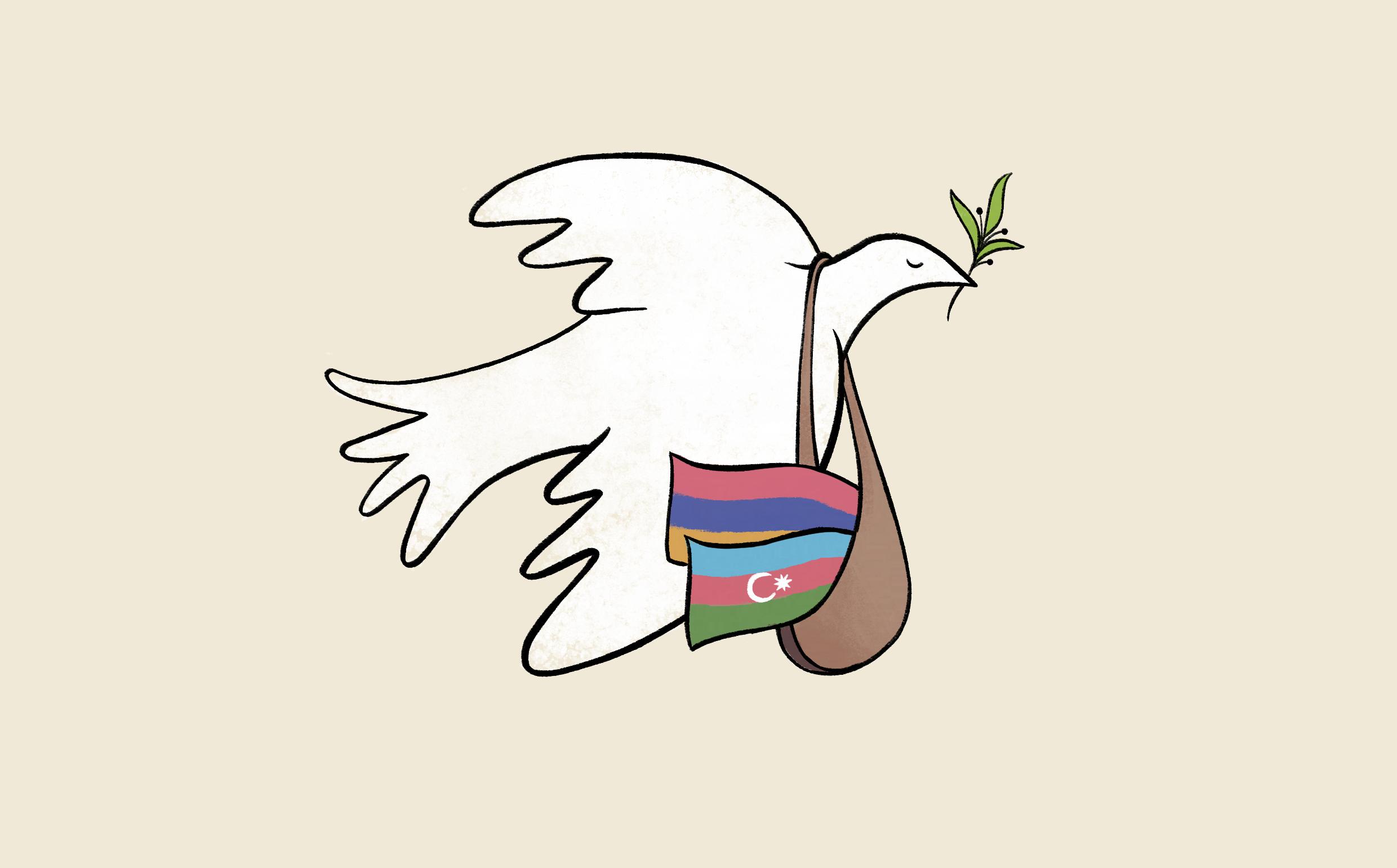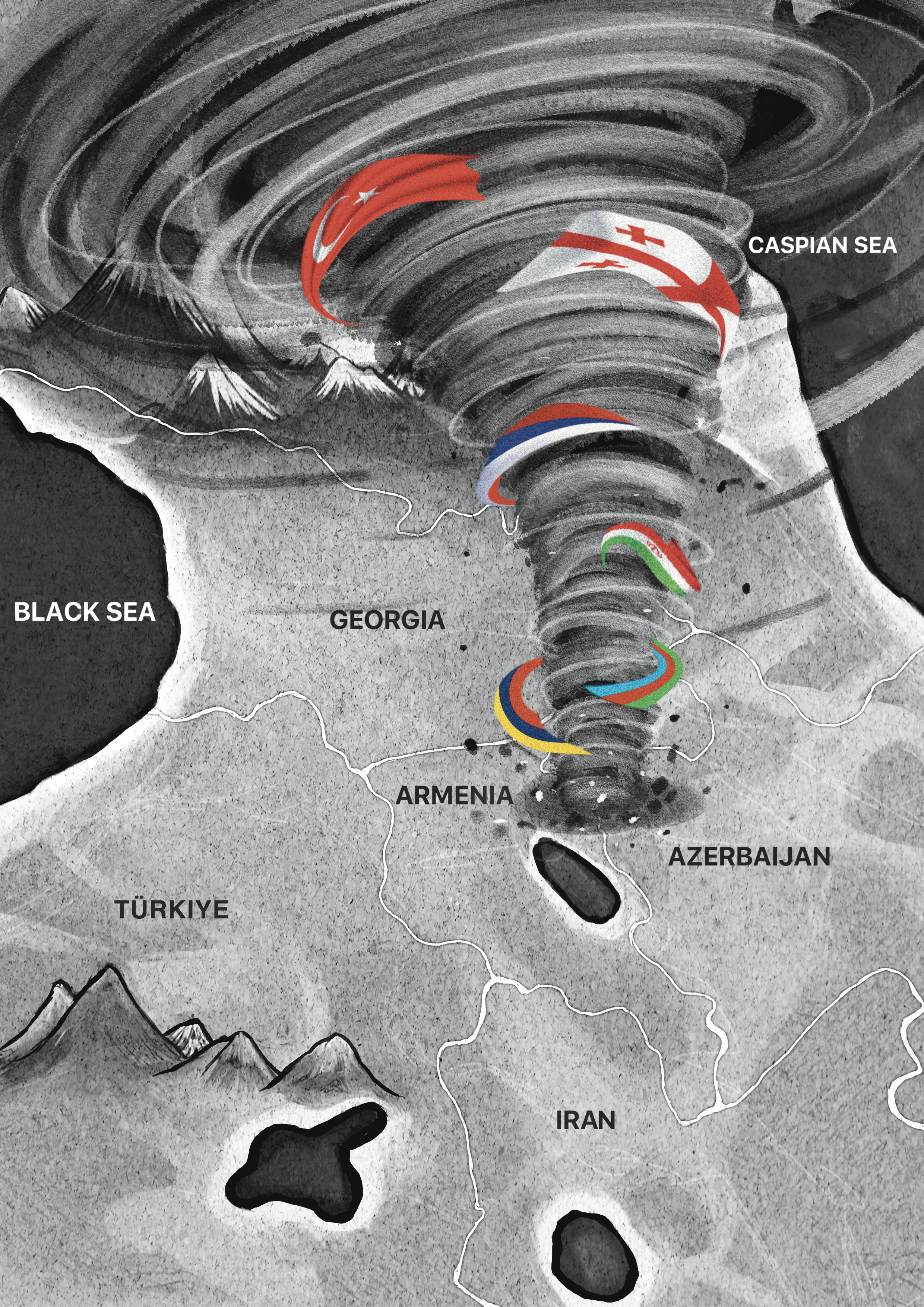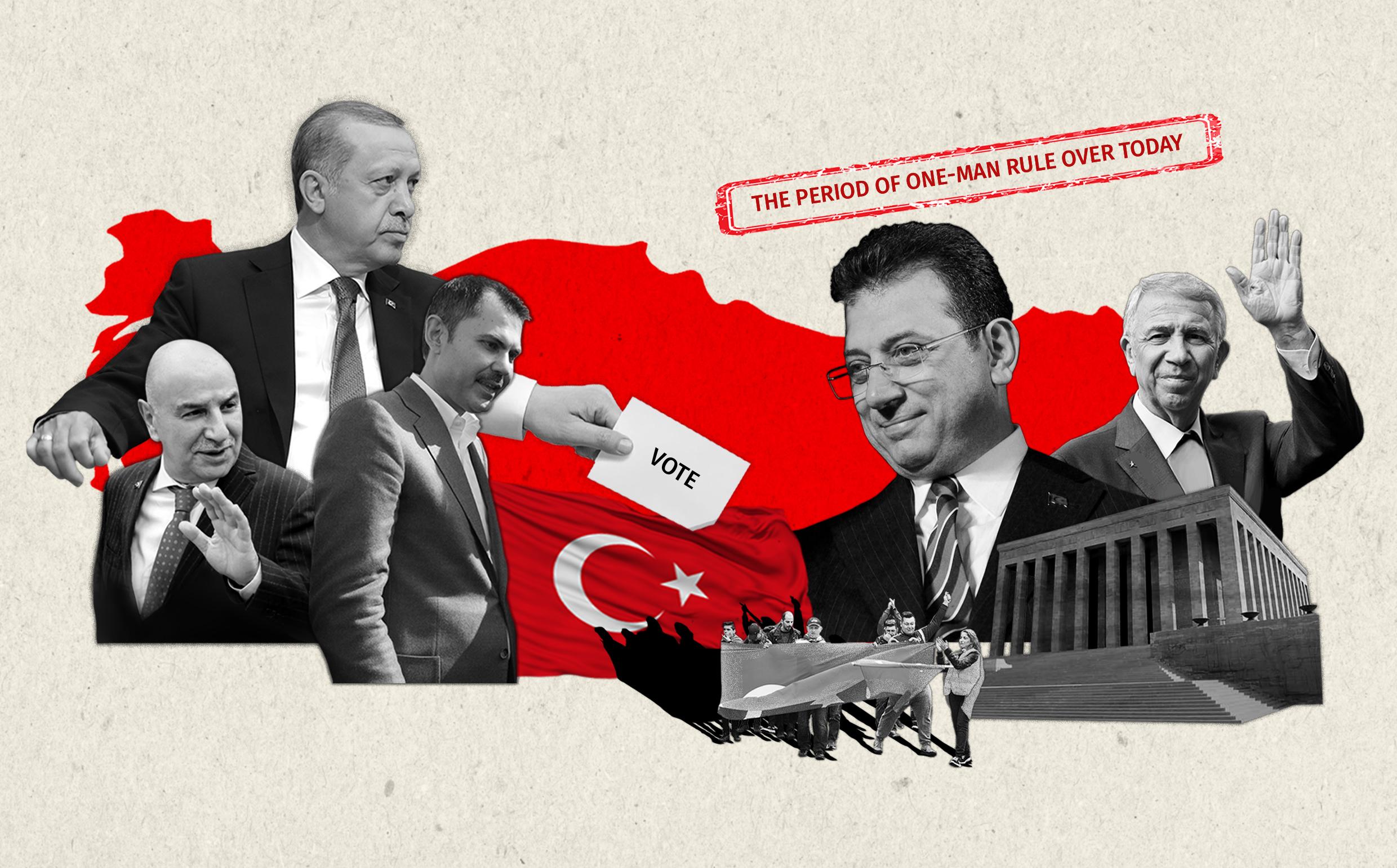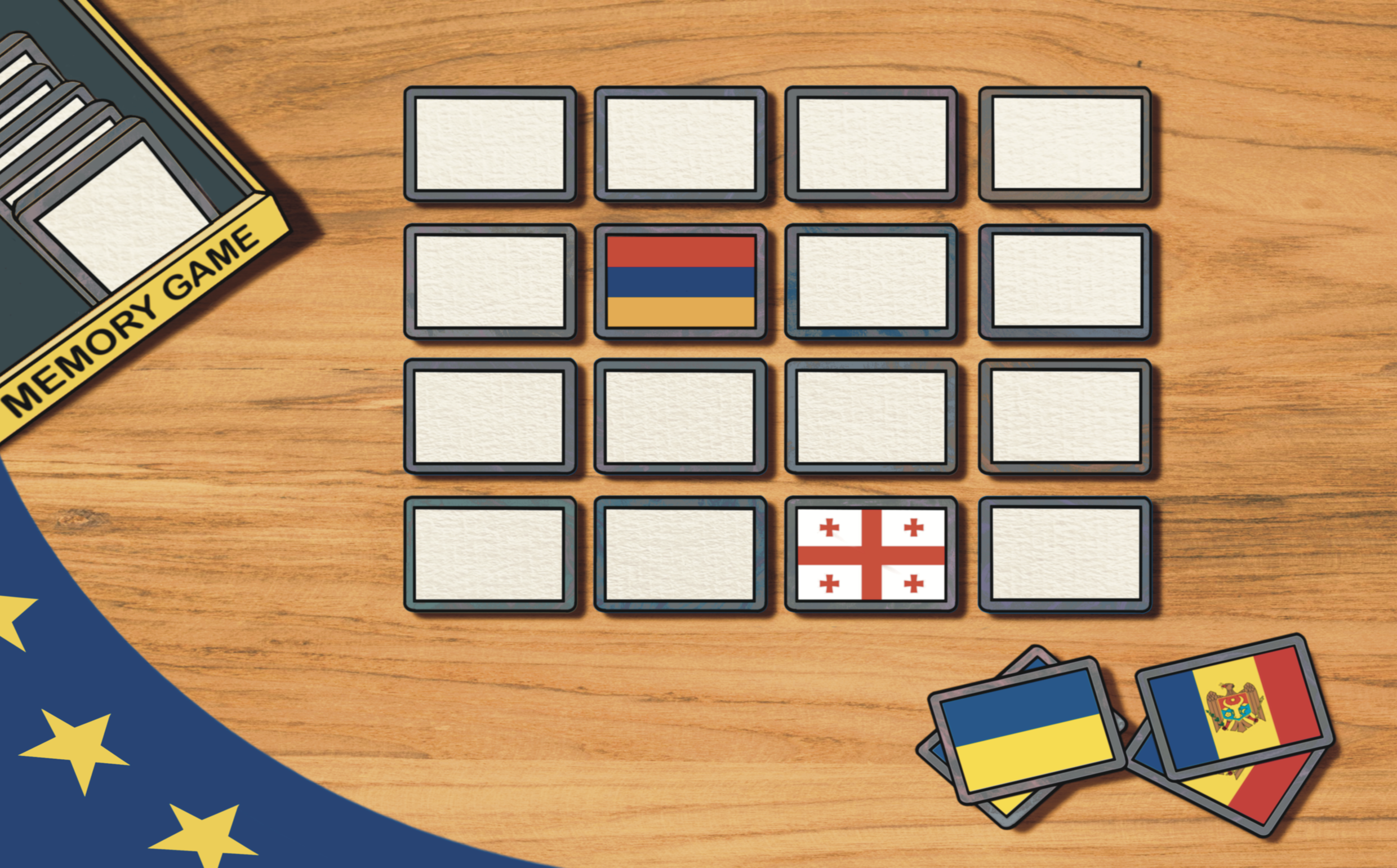The past years in the South Caucasus have been marked by turmoil, and indications suggest this trend will persist in the foreseeable future.
The Russian invasion of Ukraine disrupted the regional power balance, while two conflicts between Armenia and Azerbaijan initially destabilized and later brought new opportunities to the Caucasus. Despite initial concerns in Georgia that Russia’s victory could isolate the country behind a new Iron Curtain, the courageous resistance in Ukraine provided temporary relief. However, uncertainties remain as Georgia’s government has taken a sharp turn away from the West, signaling intentions to embrace a Russian-style autocracy. Yet, resilient and freedom-loving Georgians are actively opposing the looming authoritarianism as this volume is being prepared for publication.
Leveraging Russian involvement in Ukraine, Türkiye has seized the opportunity to bolster its influence in the region, notably by supporting Azerbaijan in reclaiming Nagorno-Karabakh. However, domestic political shifts in Türkiye have weakened Erdogan’s grip on power. Sensing new openings, both the EU and the US are seeking to enhance their appeal to the region by offering prospects of European integration. In response, Georgians are demonstrating their steadfastness and commitment to Western values, while Armenia is pivoting towards the West following its defeat in the war against Azerbaijan. Meanwhile, emerging as the predominant beneficiary of regional developments, Baku has restored its territorial integrity and now stands as the foremost military power in the South Caucasus.
Opportunities abound as well. For the first time in recent memory, the South Caucasus could witness peace and connectivity. The establishment of railways, roads, and other transportation links has the potential to foster prosperity and tranquility throughout the region. Russia no longer holds unrivaled strength and allure for the South Caucasus states and populations. Regardless of how events unfold, one certainty remains: there will be no stalemate in the geopolitical chess game of the South Caucasus, with winners and losers determining the region’s security and stability. This volume explores precisely these dynamics – unraveling the most significant trends, challenges, and opportunities facing the region.
Attached File

